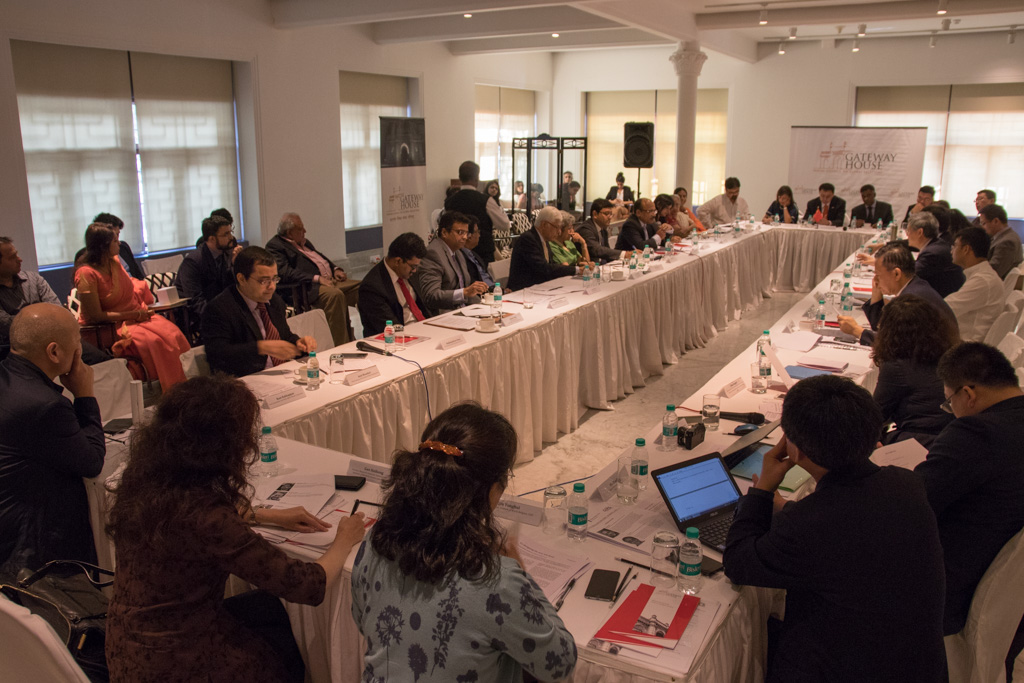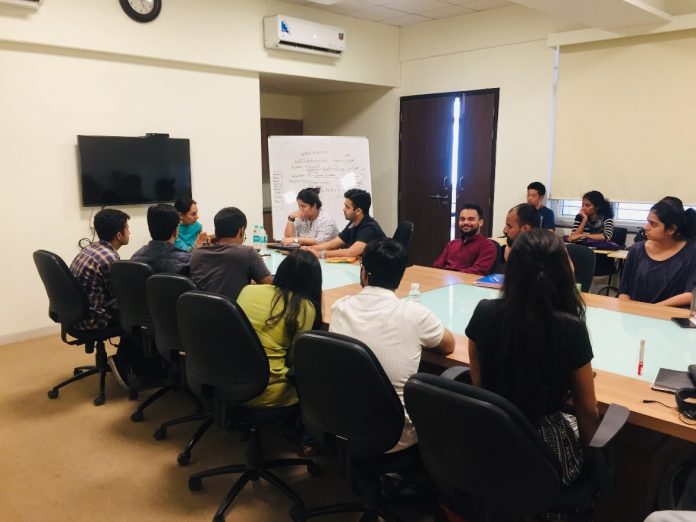A think tank can be defined as a research or a policy institute that researches various social topics ranging from economics, political strategy, military, social policies, culture, and also technology. Think tanks are mostly non-governmental organizations with a few semi-autonomous agencies controlled by the government and also some controlled by political parties, businesses, or the military. These organizations are mostly funded from contributions from wealthy individuals or grants from the government.
India has the second-largest number of think tanks in the world, with the country’s total hitting 509 in 2018 behind 1871 in the USA and ahead of China (507), the UK (321), and also Argentina (227).
What are Think Tanks and Why They Exist?
India comes second when it comes to the number of think tanks in the country. While most government-sponsored think tank is based in New Delhi, there is quite a few spread across the other big cities in the country. Some of them are environmentally inclined such as the Centre for Science and Environment and the Centre for Policy Research and World Resources Institute, while others are based on social causes like the Observer Research Foundation and Centre for Civil Society. Some think tanks have fixed focus areas, and they work towards finding solutions for the social problems in those areas.
A think tank or institute is a research organization that performs research and advocacy on various topics related to Social Policy, Political Strategy, Foreign Affairs, Economics, Military, Technology, International relations, and also Culture depending on their field of work. Their objective is to provide advice, inputs, or solutions on a diverse range of issues through the use of their specialized knowledge, research, and also an active network of professionals.
Why You Should Join Think Tanks In Your Early Career?
The best way to apply to these think tanks is through their career pages on their websites. There are very few think tanks that take campus interviews for recruiting or advertise in the job search portals. Candidates interested in applying to these think tanks should visit their respective websites and apply directly. A lot of internship programs are also conducted by these think tanks, and it is a great opportunity to kick start a career in this field. Internships help to gain hands-on experience in research with guidance from experts.
- Great opportunity to improve your Research, Critical Thinking, Leadership, and Writing skills, which are readily transferable to other Top Careers in Government and Private Organizations.
- You get to meet and network with highly influential, powerful people and government officials.
- You get to work with highly intelligent people who share the same vision, interest, and desire to improve the world.
- Gain insights about important issues which are generally neglected and a platform to advocate around those issues.
- You get a better understanding of the public policy ecosystem, and how it can be shifted.
- You would see your work covered in the media along with other Scholars.
How Do Think Tanks work?
Think tanks are generally nonprofit organizations but their work is conducted for Government as well as Commercial Clients. They operate on government funds, donations from large businesses, major foundations, and charities as well as income from consulting and research. They are not required by law to list their donors.
- Projects for government include planning social policy, national defense, and also international relations. Commercial projects include developing and testing new technologies and new products.
- Think Tanks do not get involved in creating policies rather they propose new ideas and solutions for further discussion and implementation to see the change.
- They publish articles, research papers, conduct events to highlight their work, and influence policy formation.
Think Tanks are important because they propose solutions to critical economic, social, and political issues and mediate between researchers and decision-makers.
What Education Do You Need To Join a Think Tank?
Study Philosophy, Politics, Economics, Social Science, Foreign Policy, Public Policy, Law or International Relations. Graduation is mandatory and after graduation, you can get entry-level jobs in think tanks. Senior positions require a Master’s Degree or Ph.D. Work experience as an academic or senior member of the Civil Service is also helpful for senior-level roles.
Also Read
- Travel Passion – 10 Smart Career Options to Satisfy It
- Top 10 Fastest-Growing Careers in India for the 2021 Modern Youth
- Sound Engineering: A Career where you Speak with Music
- Top High-Paying New Career Options for Future India
- 25 Business and Marketing Fellowships
- How To Introduce Yourself In a Job Interview
- How to be more flexible at work | Career Skills
List of Think Tanks in India
As mentioned above, India has the second-largest number of think tanks right after the United States. Here is the list of ten notable think tanks, including both government and non-profit organizations:
- Association for Democratic Reforms
- Centre for Public Policy
- Centre for Development Studies (CDS)
- Center for Study of Science, Technology, and Policy (CSTEP)
- Institute for Studies in Industrial Development
- Indian Council of World Affairs (ICWA)
- Institute of Economic Growth (IEG)
- Institute for Social and Economic Change
- National Institute of Advanced Studies
- Public Health Foundation of India

Think Tank Salaries in India
Most think tanks in India pay their researchers based on their performance, knowledge, and research skills. The range of salaries in think tanks varies from Rs 8,000 to Rs. 80,000 per month approximately. It all depends on the quality of work and satisfaction from the superiors. A lot also depends on the think tank that you are working for. Small non-profit organizations will not be able to pay huge salaries, but those are great platforms to learn and improve your research skills. On the other hand, well-known think tanks backed by the government or large political powerhouses will pay better salaries.
A detailed observation of researchers’ salaries in think tanks would be difficult as a lot depends on the think tank one is working for. An average yearly salary of a research analyst would be around Rs. 520,000, a social worker would be Rs. 300,000, and a senior research associate would be around 350,000 rupees, all in approximation.
Getting yourself a public policy fellowship is a great way to kick start your career in the world of think tanks. A graduate from any field can pursue these fellowships, be it medical, law, engineering, or working professionals. Some of the popular fellowships include the William J. Clinton Fellowship for Service, the Young India Fellowship, and also the Legislative Assistant to Member of Parliament Fellowship. Most of these fellowships are close to a year-long program that allows you to work on global projects, real-time projects and helps you to learn law-making and also public policy.
Internships are also a great way to venture into public policy. Most of the popular think tanks provide internship opportunities to graduates and final-year students. You can visit the websites of these think tanks or the government websites to check on the available opportunities. A master’s degree in Public Policy is one of the best ways to begin your research career in think tanks. It helps to develop qualitative and quantitative analytical skills and prepares you for the world of policymakers.
The demand for public policymakers in India is very high. From think tanks, government organizations to non-profit organizations, ministerial jobs, and also private firms, everybody requires good researchers and social entrepreneurs.
Conclusion
With the rise of think tanks in the country in the last decade, the need for individuals specializing in public policy and governance has also increased in leaps and bounds. As young people take more interest in public policy, the better the chances are for social and political reforms in the country. Further, a career in research and public policy looks more explorative and lucrative than ever before in this country.


